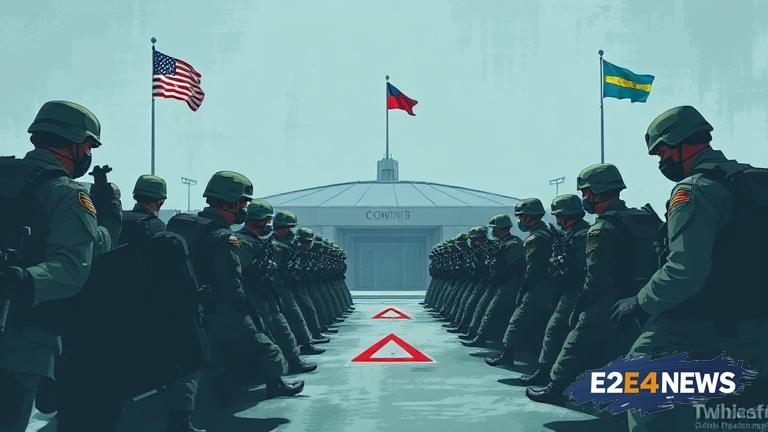The Pentagon’s decision to end the COVID-19 vaccination mandate for US troops comes after months of debate and controversy surrounding the issue. The mandate, which was first introduced in August 2021, required all active-duty troops to be fully vaccinated against COVID-19. However, the policy was met with resistance from some service members, who argued that it infringed upon their personal freedoms. Despite this, the Pentagon maintained that the mandate was necessary to protect the health and safety of troops, as well as to ensure the readiness and effectiveness of the military. The policy was also seen as a way to boost vaccination rates among troops, which had been lagging behind those of the general public. However, with the COVID-19 pandemic now in a state of decline, and vaccination rates among troops having increased significantly, the Pentagon has deemed the mandate no longer necessary. The decision to end the mandate was made in consultation with the White House and other government agencies, and is seen as a way to reduce tensions and improve morale among troops. The move is also expected to help with recruitment and retention efforts, as some potential recruits had been deterred by the mandate. The Pentagon has stated that it will continue to encourage troops to get vaccinated, but will no longer require it. The decision has been welcomed by some lawmakers and advocacy groups, who had argued that the mandate was an overreach of government authority. However, others have expressed concerns that the move could put troops and the general public at risk of infection. The Pentagon has sought to reassure these critics, stating that it will continue to take steps to protect the health and safety of troops, including through the use of masks, social distancing, and other measures. The decision to end the mandate is also seen as a recognition of the changing nature of the pandemic, and the need for the military to adapt its response accordingly. As the pandemic continues to evolve, the Pentagon will likely continue to reassess its policies and procedures, and make changes as necessary. The ending of the mandate is a significant development in the military’s pandemic response, and will likely have implications for the broader US population. The move is also expected to be watched closely by other countries and organizations, which may be considering similar policies. In terms of the impact on troops, the ending of the mandate is likely to be welcomed by many, who had felt that the policy was overly restrictive. However, others may be concerned about the potential risks of infection, and the need for continued vigilance in the face of the pandemic. The Pentagon has sought to address these concerns, stating that it will continue to prioritize the health and safety of troops, while also recognizing the need for flexibility and adaptability in its response to the pandemic.
